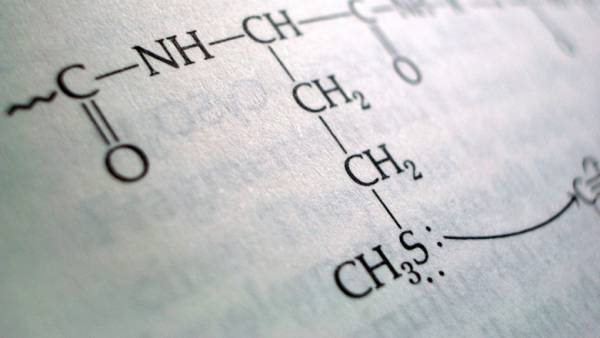Western chemists questioned the “legality” of the names of the items open in Russia
MOSCOW, 18 Jul — RIA Novosti. Western scholars questioned the “legality” naming Muscovy and tennessen, elements numbered 115 and 117, stating that physicists from Dubna and their foreign counterparts have collected enough evidence of their existence, reports the journal Nature.

“It is important to understand that we are not saying that our colleagues have published inaccurate data — I am sure that the results of experiments on the search for traces of Muscovy and Tennessean will be sooner or later confirmed. On the other hand, our analysis shows that the chains of their decay cannot be associated as it is originally wrote them the pioneers,” said I Palander (Claes Fahlender), a nuclear physicist from Lund University (Sweden).
Since the mid-20th century, when the first powerful particle accelerators and nuclear reactors, dozens of groups of chemists, nuclear physicists and other scientists compete to create superheavy elements, filling the empty cells in the seventh row of the periodic table.
Through these efforts, domestic and foreign physicists, in the table, until recently, was only four seats — the elements with atomic numbers 113, 115, 117 and 118. In the race to create them, as acknowledged by the international Union of pure and applied chemistry in June of 2016, won the team of Russian and foreign physicists under the direction of Yuri Tsolakovich Oganessian of the joint Institute for nuclear research in Dubna.